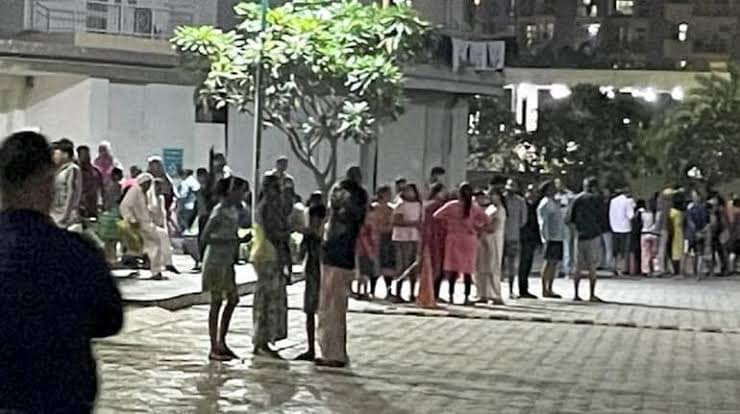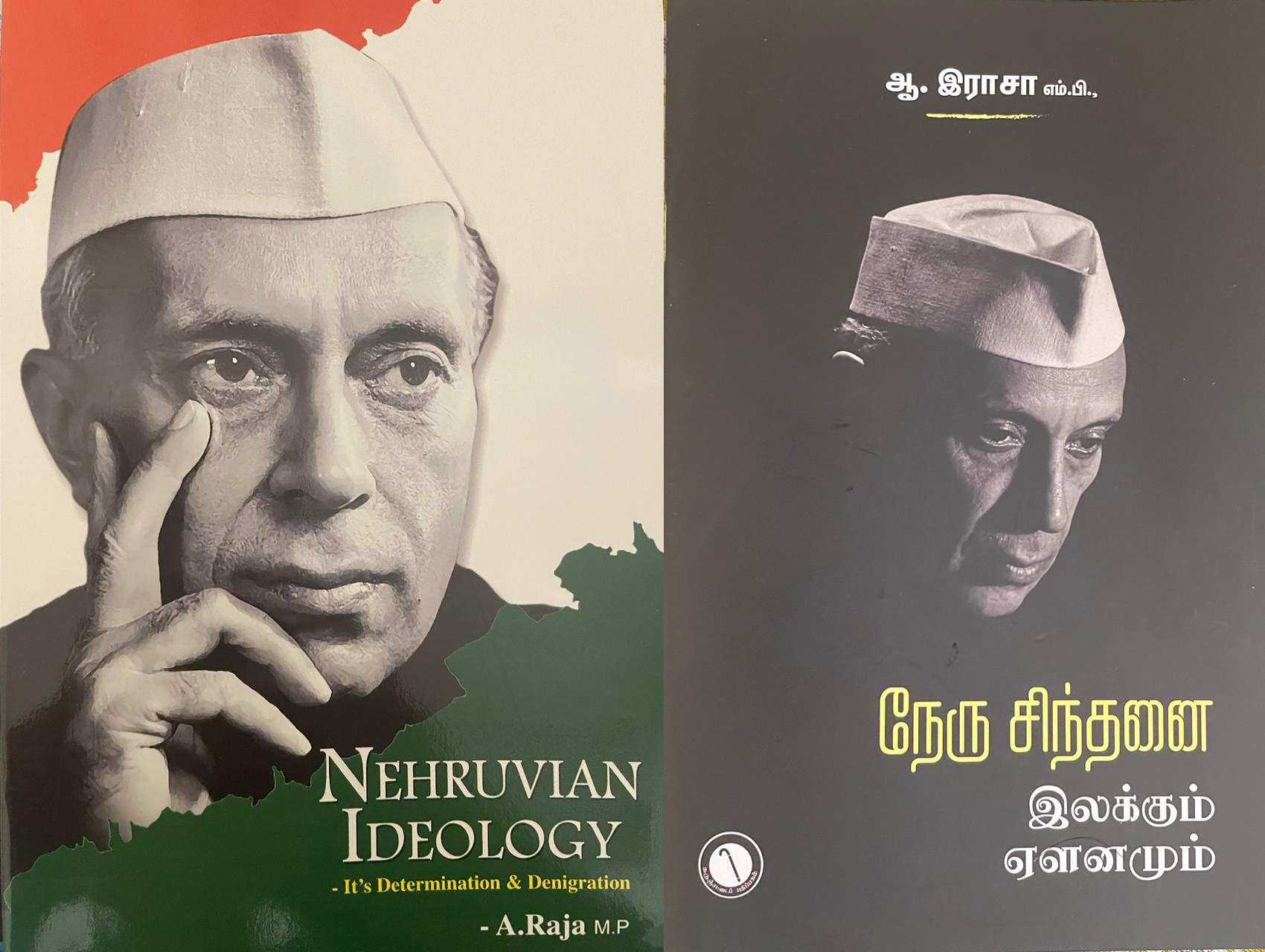DR. D. RAVIKUMAR (VILUPPURAM): Hon. Chairman Sir, thank you for allowing me to speak on this Bill which will have an impact on the lives of crores of labourers and workers of this country. I appreciate and welcome two aspects of this Bill. First aspect is that all the labourers will get their minimum wages fixed. Lakhs of domestic helpers particularly maids working in houses do not have a fixed wage. I welcome the provision for fixing their minimum wage and protection of their rights. Second point which I welcome in this Bill is that one-third of the members of the Boards to be set up in this regard by the Union and State Governments will be women. I am duty bound to appreciate the provision ensuring that these Board members should give suggestions with regard to employment generation for women. Another important provision mentioned in this Code is that the women should not be discriminated on the basis of gender. There should not be any gender discrimination. I welcome this aspect that there should not be any gender discrimination not only in terms of wage but in terms of employment. But at the same time, while providing wages or employment, there should not be gender discrimination and other forms like caste discrimination and religious discrimination. Former Chairman of UGC Shri S.K. Thorat conducted research on this subject. He has published detailed report on the basis of data collected by him stating how caste discrimination and religious discrimination pre-dominate the process of providing employment in private institutions. This Code should insist that all forms of discrimination including gender discrimination should not take place.
While looking at this Code I am afraid that the rights won by Dr. Ambedkar to the labourers will gradually be snatched away. Earlier Indian labourers worked for 14 hours a day. Babasaheb Dr. Ambedkar brought this to 8 hours a day. Right to form a Trade Union by workers was provided by Dr. Ambedkar. Dr. Ambedkar only provided them the insurance facility called as ESI. He is the one who is responsible for paving the way for minimum wage in the country. While going through the Code, fear occupies our mind whether these safety measures would be lost one after the other gradually. Particularly I want to stress here the provisions relating to minimum wage. The Code says that minimum wage will be decided either on the basis of skill or the working condition of labourers. So far, minimum wages are fixed on the basis of need of labourers. While deciding the minimum wage in the year 1957, besides the consumption of calories required by the labourer, the food, dress, and shelter needs of the labourer are also calculated and all these factors were kept in view. These things were calculated to be 20 per cent of the total wage of the labourer. In a verdict pronounced by the Hon. Supreme Court in the year 1992, the labourer, the festivals celebrated by his family, his medical needs, educational needs of his children, all these expenses are calculated. This should be 25 per cent of the wage of the labourer. The minimum wage was decided as need based so far. But in this Code, this has been changed as skill based. This brings a major change in the perspective for fixing the minimum wage.
We have serious doubts that under the compulsion of the international corporate companies, whether these changes are being made to the Code on wages. When the corporate companies come to start business ventures in India, they want to appoint employees as per their whims and fancie, so that they can appoint or remove any employee as per their choice and wish. At present the labour protection laws in India are against the interest of these corporate companies. That is why we get fear that this Government is amalgamating our labour laws into four codes. Most importantly the provision which is relating to revision of wages.So far, this was revised once in 5 years. Now also it is proposed to be the same period. But as regards the agricultural labourers demands that their wages are to be revised once in two years. There is also a long pending demand for revision of wages for other labourers once in four years. After considering this request, I urge upon the Union Government that the minimum wage should be revised at least once in every three years. Although this wage revision is done once in five years, even the employees in the organised sector are not benefitted out of this. If you see the bank employees, the talks pertaining to their wage revision have been prolonged for the last 2 years. The talks have not concluded. Every time when the talks take place, there is a delay of at least two to three years while making revision of wages. The delayed period was not considered.
Whether it is weekly wage or the monthly wage, this code says that the salary should be given within one week after the month. I welcome this provision. But even the Governmental institutions do not follow this. There are thousands of temporary employees working in BSNL. Not only BSNL, if you take up any institution for that matter, salaries have not been paid to the temporary employees of BSNL for the last 6 months. I can cite several other institutions. This Code should be suitable to all fields and departments. I urge upon the Union Government to provide guarantee for such a provision. While bringing the Code, the Government said that since there are so many labour laws, they are amalgamating four labour laws.
Why should we change only the labour laws? We have so many criminal laws. Besides these criminal laws we are bringing new legislations like NIA and UAPA. We are bringing bills and amendment bills one after the other. The Government is not making any effort to amalgamate these criminal laws into one law. But at the same time, if the Government says that the number of labour safety laws are being minimized and brought down as four. I want to register here that this will lead to snatching away the rights of labourers which they got after a long struggle. When we talk about the minimum wages, we come to know from the history that the first recommendation for minimum wage was made at the Geneva Convention held in the year 1928. But way back in 1920 Mr. K.G.R. Chowdry proposed the idea of minimum wage for labourers for the first time in India. Since then we have almost completed 100 years. Now the changes brought in the Code on Wages by this Government are dangerous and will affect crores of labourers and workers of the country. The Government should include the safety measures in this Bill for the labourers. Otherwise I urge that this Bill should be sent for the consideration of the Standing Committee. Thank you for this opportunity. Vanakkam.



